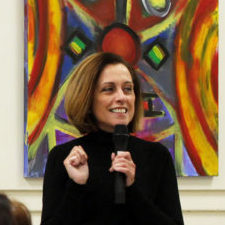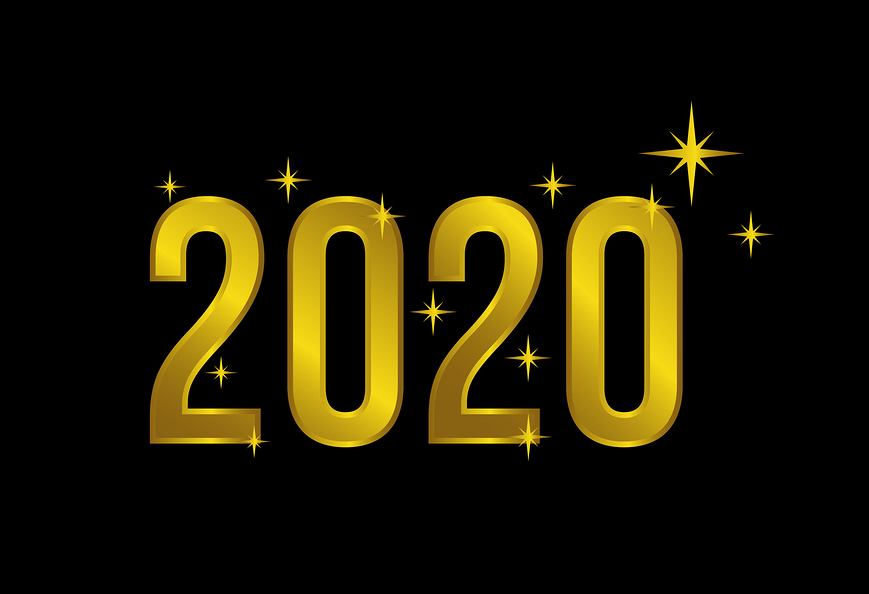
Dorrie Rush, Chief Content Editor of OEPatients.org
2020 Is A Year for Clarity
We’re kicking off 2020, a number which, by my Google Assistants definition, also denotes vision of normal sharpness. A wonderful thought, but for many of us normal vision is not likely to become reality any time soon. There is, however, so much we can do to improve the lives we live with vision loss, and that is our mission, at OE Patients, for the foreseeable future. The numbers of older Americans living with low vision will double in coming years, and according to the American Academy of Ophthalmology (AAO), “most of the people impacted believe nothing can be done to improve their quality of life.”
Twenty years ago, I was a member of this misinformed population. I distinctly recall posing the questions to the ophthalmologists as my vision loss progressed. “Is there somewhere I should go? Someone I should see? A class or course I can take to learn how I can continue living with severely impaired eyesight?” The response was usually a variation on, “Nothing can be done.” Although, it seems implausible two decades later, this may very well be the answer patients are still hearing today.
Is it possible this error in communication comes down to a huge misunderstanding? Physicians collectively and correctly view their role as healer. When there is no treatment for the disease, no correction for the visual loss, they may feel the next stage is not in their jurisdiction. Patients also conflate the declaration, “Nothing can be done (medically),” with “There is nothing YOU can do (either).” Both physicians and patients take part in this mix up, and both can do their part to fix it.
Many ophthalmologists today do take a moment to encourage patients to begin making adjustments from the earliest stages of vision loss and to recommend helpful resources. They also refer to a low vision specialist who will evaluate the best ways a patient can maximize their remaining vision, utilize available low vision devices and adjust the vision settings on their personal technologies. On the patients side, we certainly know many today, like our OE subscribers, are savvy self-advocates, actively engaged in the process of adjusting to, and living with vision loss.
In 2001, I joined the staff of Lighthouse International and began to understand the services offered by a vision rehabilitation agency. I was advantaged by the full access to expert and professional resources and advice, from which I benefitted greatly. An essential factor in my ongoing successful adjustment to progressing vision loss, was that I got an early start. Most patients are not referred for vision rehab services until they are legally blind, which is the threshold for reimbursement. Waiting to qualify for legal blindness, can also create an insurmountable set back.
In 2017, the Association for Macular Diseases and Ophthalmic Edge joined forces to launch OEPatients.org with the objective to elevate awareness by offering an added level of empowering information, not typically available in the physicians office. Our digital magazine format has an option to “Listen” instead of read, at the top right menu on every page. In the fall of 2019, we added the OE Patients Podcast (on OE, Apple and Spotify) to expand our content offering on Adjusting, Technology, Health and Voices of Experience.
Let’s work together to make 2020 a year for improved communication and focus on Living Better with Low Vision. We’ll all benefit. Join Us!







